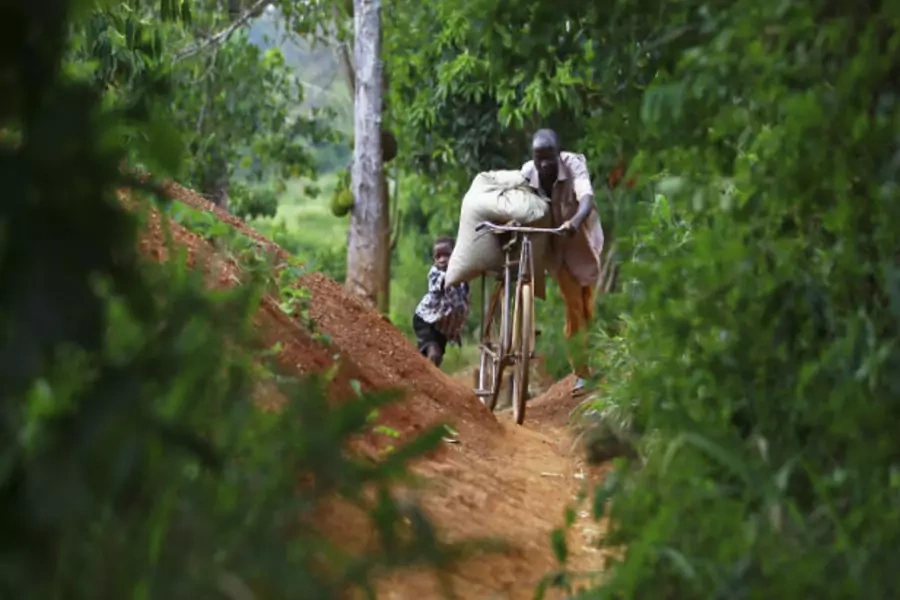More on:
This is a guest post by Jim Sanders, a career, now retired, West Africa watcher for various federal agencies. The views expressed below are his personal views and do not reflect those of his former employers.
While parts of the world rush forward toward ‘convergence’ and ‘singularity’, spurred by Silicon Valley’s technological advances and anticipated by its intellectual visionaries, other parts of the world are doing exactly the opposite—returning to earlier technologies that better suit their current circumstances.
One example is Detroit, Michigan. Long the epicenter of automobile production in the United States, Detroit, having suffered a severe recessionary decline, owing to changes in that industry, is pinning its future on the humble bicycle. Poverty and unemployment appear to “encourage biking as a more affordable alternative to driving,” writes Jen Wieczner in Fortune Magazine, and the city enjoys a reservoir of skilled workers able to transition from building cars to the manufacture of bikes.
In Uganda, bicycles are also making a difference. “Pedaling Out of Poverty,” by Douglas Cruickshank, in the Fall 2014 issue of Bucknell Magazine, tells the story of the efforts of Bucknell alumni Muyambi Muyambi and Molly Burke to establish Bicycles Against Poverty (BAP) in Gulu, in Uganda’s war-ravaged north.
Says Burke, “It’s an area that didn’t have development, didn’t have much infrastructure being built for 20 years, and 95 percent of our participants lived in refugee camps.” Peoples’ lives were “put on pause for 20 years.”
A tough environment in which to prosper, “it made sense to house BAP headquarters right in the heart of the district, increasing accessibility to critical resources—water, clinics, markets—and building financial management skills among low-income entrepreneurs through a micro-financing model,” observes Cruickshank. From one hundred bicycles distributed in northern Uganda in July 2009, the number has increased to one thousand to date. “An income jump of 68 percent is not uncommon for families who own bikes, and that can help spur the local economy.”
Successful economic experiences in two very different areas such as Detroit and Gulu with bicycles probably could not have been imagined. That the ‘experiment’ is working in both parts of the world appears to confirm that viable (and often disruptive) innovation tends to emerge from the “low end” of the economic spectrum, where it is least expected. It confirms, too, William Easterly’s view that in a world where western development elites exhibit “rich-world vanity,” it is usually ordinary people who can help humanity the most. That such people are active in Africa, helping to improve lives, is an example of engagement with the world that current apostles of U.S. isolation should remember.
More on:
 Online Store
Online Store
